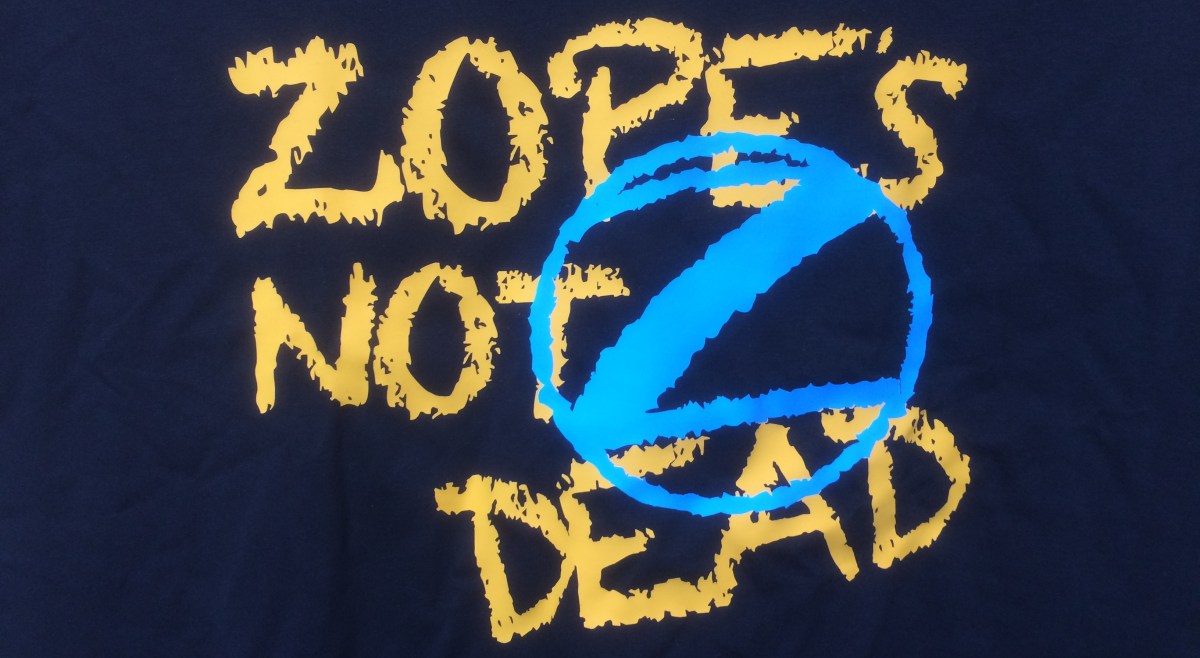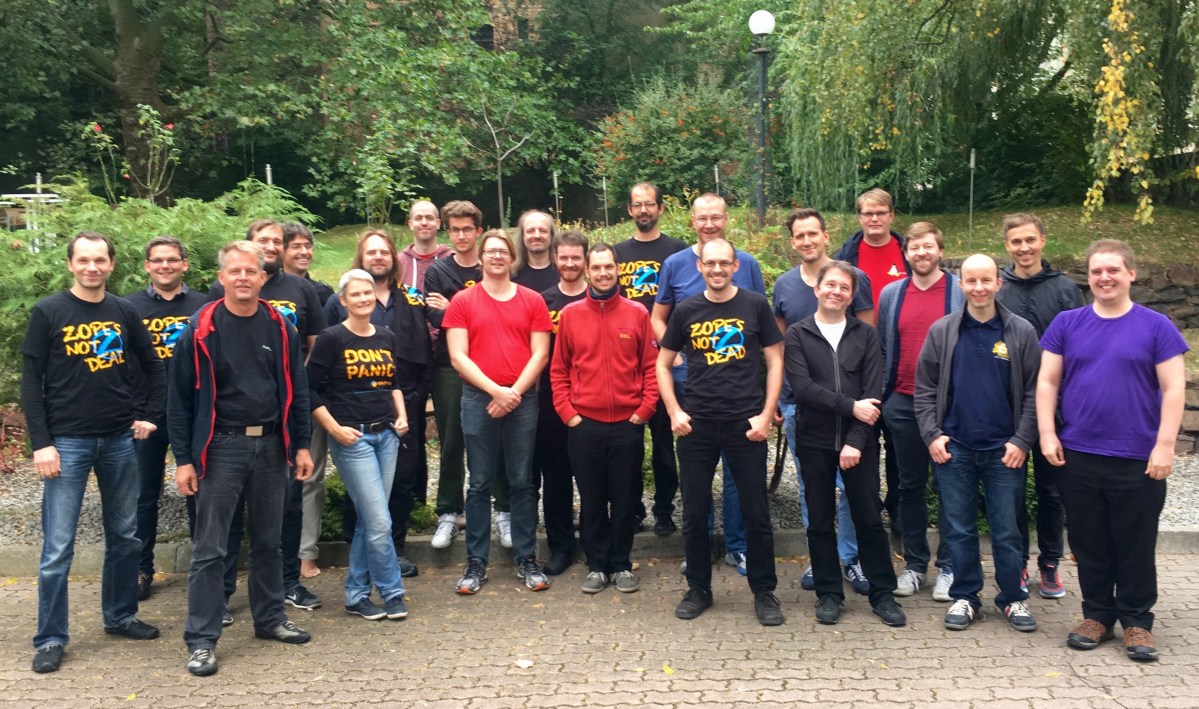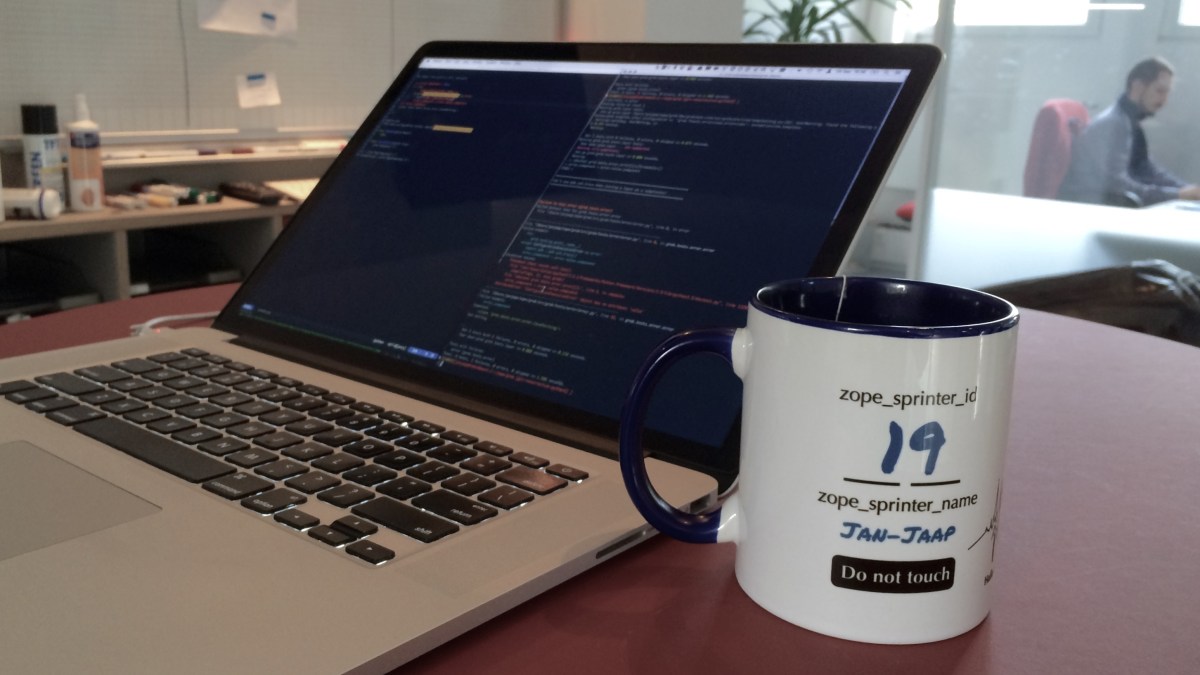We are approaching the Zope 2 Resurrection Sprint and hope that all those who are willing to help earl Zope II on his endeavor to port his realm have already prepared there horses and packed the necessary equipment to arrive in Halle (Saale), Germany.
To help with the preparations we have set up some means of communication:
Etherpad
In the Etherpad we have collected a fundamental set of obstacles that the immigration authority of Python 3 wonderland send to earl Zope II via a mounted messenger. If there are additional problems we need to solve with the immigration or other authorities, feel free to point those out in the pad.
IRC Channel
During the sprint we will have an owl waiting for messages in the #sprint channel on irc.freenode.net, so additional information and questions can be placed there.
General Schedule
In general the gates of the gocept manor in Halle (Saale) are open from 8:00 till 18:00 during the sprint for the squires to help earl Zope II. There will be some refreshments in the morning (8:00 – 9:00) and during lunch time (12:00 – 13:00) in order to keep everyone happy and content.
Apart from that, there will be some fixed points in time to meet:
- Monday 2017-05-01
- 19:00 CEST, pre-sprint get-together for early arrivals at Anny Kilkenny. Attention: There will be a bigger political demonstration in Halle which might impact the arrival here, take that into consideration.
- Tuesday 2017-05-02
- 9:00 CEST, official welcome and sprint planning afterwards.
- 16:30-17:30 CEST, Discussion: TBD
- 18:00 CEST, guided tour through the city of Halle, meeting point
- 19:30 CEST, dinner and get-together at Wenzels Bierstuben, location, separate bills
- Wednesday 2017-05-03
- 9:00 CEST, daily meeting and review
- 16:30-18:00 CEST, Discussion: TDB
- 19:00 CEST, BBQ evening in the lovely garden at gocept manor
- Thursday 2017-05-04
- 9:00 CEST, daily meeting and review
- 16:30-17:30 CEST, Discussion: TBD
- 19:00 CEST, dinner and get-together at Pizzeria “Rote Soße”, location, separate bills
- Friday 2017-05-05
- 9:00 CEST, daily meeting and review
- 13:00 CEST, sprint closing session with review and possibility to present lightning talks of your projects.
We are looking forward to the sprint and hope to overcome the remaining migration problems of earl Zope II.




